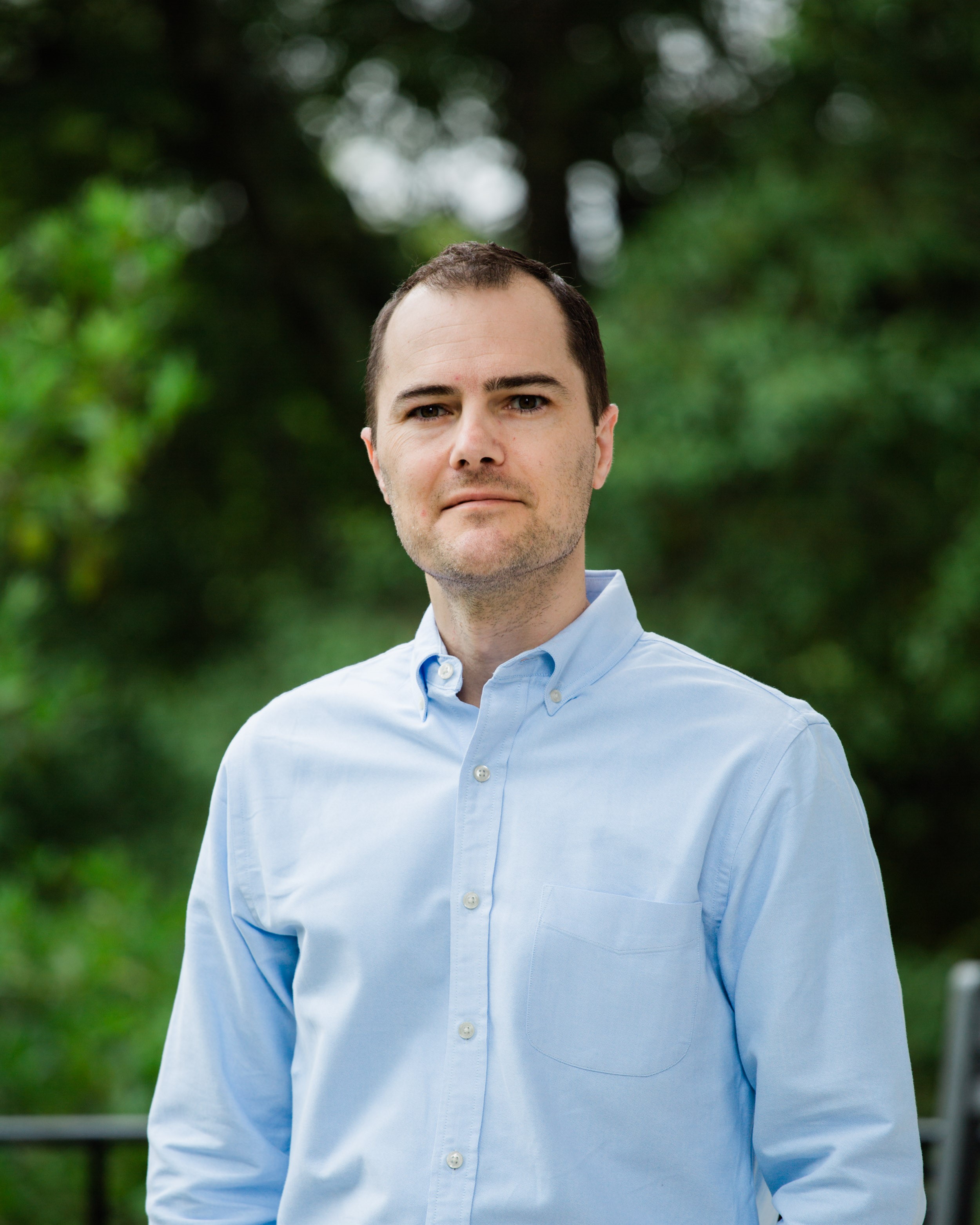BSC professor wins prestigious Woodrow Wilson fellowship supporting innovative teaching
BSC professor wins prestigious Woodrow Wilson fellowship supporting innovative teaching
For Immediate Release
May. 7, 2019
BIRMINGHAM, Ala.—Birmingham-Southern College Assistant Professor of Biology Dr. Kevin Drace is one of eight recipients of the 2019 Course Hero-Woodrow Wilson Fellowship for Excellence in Teaching.
Created by the namesake online library and administered by the Woodrow Wilson National Fellowship Foundation, the $30,000 fellowships are intended as one-year “genius grants” for young, tenure and non-tenure track scholars who strike a balance between research excellence and their commitment to innovative teaching practices. 
“The Woodrow Wilson team is delighted to be able to offer this kind of support to the fellows,” said Beverly Sanford, vice president and secretary of the Foundation. “They’re emerging faculty stars.”
Drace, who joined the BSC faculty in the fall of 2016 on tenure track, earned his bachelor’s in biology from Athens State University and his Ph.D. in microbiology from UAB. In 2015, the National Association of Biology Teachers awarded him the Biology Teaching Award for Excellence in Biology Education. His current research investigates the health and environmental impacts of artisanal and small-scale gold mining in developing countries.
“This award is another example of the value that BSC places on innovative teaching and an openness to try new things,” said Drace.
During his fellowship period, he will use the funds to support the recent transformation of his Introductory Biology laboratory into a semester-long course-based undergraduate research experience (CURE), where students investigate the correlation between heavy metal and antibiotic resistance in bacteria.
“In addition to exposing students to the scientific process, this project helps us leverage our location in an urban area with a history of significant heavy metal pollution and environmental injustice,” said Drace. “By adapting elements of place-based education, students see clear connections between their research and our local community. Inevitably, students respond well to these experiences because it allows them to learn how scientists work to tackle real-world issues.”
More information about the fellows and the program can be found here.

